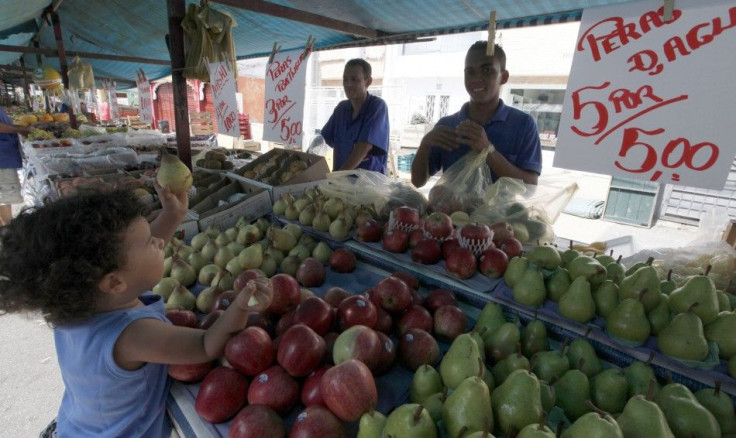White Fruits, Vegetables May Help Lower Stroke Risk, Study Suggests

White-fleshed fruits and vegetables may help lower stroke risk, a study suggests.
A Dutch research team studied more than 20,000 people over the course of 10 years, Los Angeles' KABC reported.
Green, orange/yellow and red/purple fruits and vegetables weren't related to stroke, study author Linda M. Oude Greip said, USA Today reported. However, the risk of stroke incidence was 52 percent lower for people with a high intake of white fruits and vegetables, compared to people with a low intake.
Greip used information from the National Institute of Public Health and the Environment in the Netherlands. While research has shown that eating fruits and vegetables can help lower the risk of having a stroke, Greip noted that none of the research looked at specific produce, USA Today reported.
Apples and pears were mainly used in this research, the Web site TheHeart.org reported.
Researchers said that those who ate more white-fleshed fruit had a 52 percent lower risk of having a stroke, KABC reported.
Fruits and vegetables that fall into the white flesh category include apples, bananas, cauliflower, pears, and potatoes.
Since this is the first study that looks at color of fruit in relation to stroke, researchers say that conclusions should not be taken as definite.
Also, Greip noted that people should continue to eat different colored fruits and vegetables.
Other fruit and vegetable color groups may protect against other chronic diseases, Greip said, TheHeart.org reported.
The research results were published online in the journal Stroke.
© Copyright IBTimes 2024. All rights reserved.





















